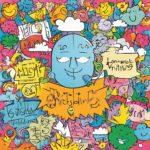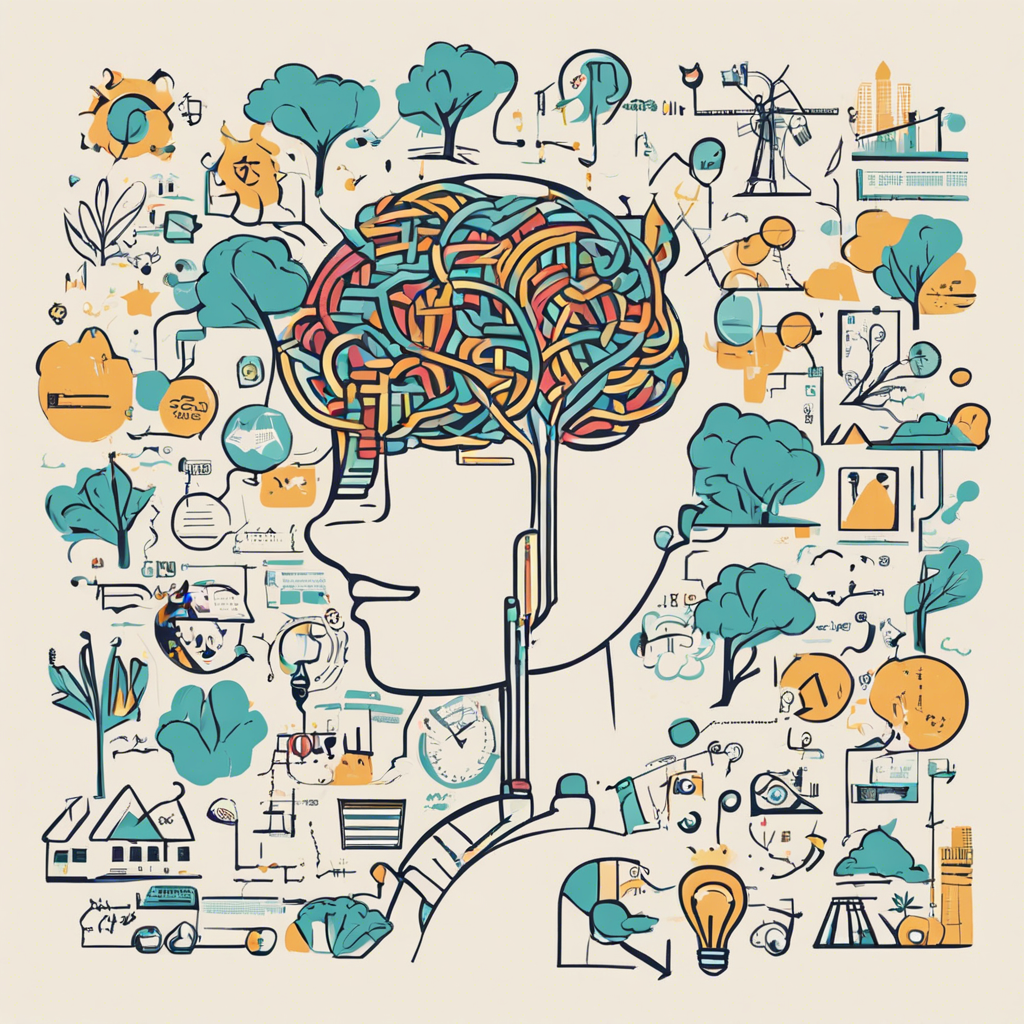In our ever-evolving world, it’s crucial to recognize that our relationships, much like other aspects of our lives, are not static entities but rather dynamic processes that require nurturing and a growth mindset. The concept of a growth mindset, originally popularized by psychologist Carol Dweck, has typically been applied to areas like education and career development. However, embracing this mindset in our relationships can be just as transformative.
Adopting a growth mindset in relationships means understanding that our connections with others are not fixed in their current state but have the potential for improvement and change. It involves recognizing that challenges and conflicts are not signs of inevitable relationship failure but rather opportunities for growth and deeper understanding. By embracing this mindset, we open ourselves up to building stronger, more fulfilling connections with our partners, friends, family, and colleagues.
Nurturing a growth mindset in relationships starts with cultivating self-awareness and a willingness to learn. It means recognizing our own biases, assumptions, and areas for self-improvement, as well as developing empathy for the same in others. Instead of seeing challenges as roadblocks, we can view them as invitations to learn and evolve together. This shift in perspective can turn a relationship struggle into a collaborative journey toward mutual understanding and support.
For example, let’s say you and your partner are experiencing recurring conflicts due to differences in communication styles. With a fixed mindset, you might assume that these differences are inherent and unchangeable, leading to a sense of hopelessness about resolving the issue. However, with a growth mindset, you would approach this challenge as an opportunity to learn and adapt. You might explore ways to improve your active listening skills, practice clearer communication, and even see this as a chance to strengthen the resilience of your relationship.
The growth mindset also encourages us to celebrate the process and not just the outcome. In relationships, this might look like acknowledging and appreciating the small steps and efforts made by each person, rather than solely focusing on grand romantic gestures or sweeping solutions to problems. It’s about recognizing the value in the incremental progress and the journey itself, which can lead to a deeper sense of connection and gratitude within the relationship.
Embracing vulnerability is another key aspect of nurturing stronger connections. This involves being open and honest about our feelings, fears, and insecurities, creating a safe space for both parties to express themselves without fear of judgment. By cultivating vulnerability, we invite trust and intimacy into our relationships, allowing for a deeper level of understanding and connection.
Additionally, fostering resilience is imperative. Relationships invariably encounter obstacles, and a growth mindset equips us to view these challenges as opportunities to strengthen our resilience. Instead of seeing setbacks as evidence of failure, we can choose to view them as moments to pause, reflect, and emerge with renewed strength and wisdom.
The growth mindset provides a powerful framework for building stronger, more fulfilling relationships. By embracing this mindset, we cultivate the tools to create deep, meaningful connections that can weather life’s storms and reap the benefits of mutual growth and support. Whether in our romantic partnerships, friendships, or family ties, adopting this perspective has the potential to revolutionize the way we relate to one another, fostering richer and more enduring relationships.
So, let’s embrace the growth mindset in our relationships, knowing that the potential for improvement and change is always within reach. Through self-awareness, empathy, and a willingness to learn and adapt, we can nurture the connections that mean the most to us and create a supportive network of strong, fulfilling relationships.










